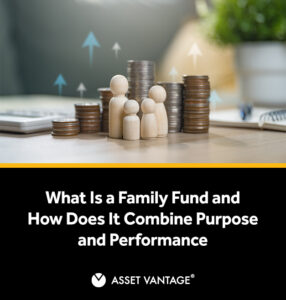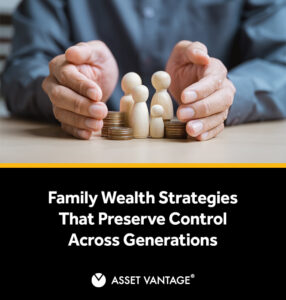Read Time4 Mins
Investing in private markets has become increasingly popular among investors looking to diversify their portfolios and potentially earn higher returns. However, with a variety of private investment module available, it can be challenging to determine which is right for you.
We will discuss the differences between private equity (PE), unlisted funds (UF), merger and acquisition (MA), and unlisted funds and help you choose the right private investment module for your portfolio.
Private Equity (PE)
PE refers to investments made in private companies that are not listed on a public exchange. Private equity firms typically invest in established companies that are looking to expand their operations or undergo significant changes. These investments can be risky but have the potential for high returns.
PE investments are typically long-term, with a hold period of 5 to 10 years or more. Investors may also be required to commit their capital for the entire duration of the investment, making it a less liquid investment than other private investment modules. Additionally, PE investments may require a high minimum investment, making it less accessible to smaller investors.
Unlisted Funds (UF)
UF is a type of private investment module that pools together funds from multiple investors to invest in private companies or real estate. Unlike PE, UF investments can be more diverse and flexible, allowing investors to gain exposure to various sectors and geographies.
UF investments are typically managed by a professional fund manager, who charges a management fee and a performance fee based on the fund’s returns. While UF investments can offer attractive returns, they also come with higher fees and management costs.
Merger and Acquisition (MA)
MA involves investing in companies that are undergoing significant changes, such as mergers, acquisitions, or restructurings. This type of private investment module can offer significant upside potential, but also comes with a high level of risk.
MA investments typically require a high degree of expertise and due diligence to identify profitable opportunities. Investors may also face a higher degree of regulatory scrutiny when investing in MA opportunities.
Unlisted Funds
Unlisted funds are similar to UF, but typically invest in a single asset or a specific sector, such as real estate or infrastructure. This type of private investment module can offer investors higher returns than traditional investments, but also comes with higher risk and requires a high level of expertise and due diligence.
Choosing the Right Private Investment Module
When choosing a private investment module, it’s essential to consider your investment goals, risk tolerance, and expertise. If you’re looking for higher returns and have a long-term investment horizon, PE investments may be suitable for you. However, if you’re looking for more flexibility and diversification, UF or unlisted funds may be a better fit.
Investors with a high degree of expertise and a high-risk tolerance may be interested in MA opportunities or unlisted funds focused on a specific sector or asset. However, these types of investments require a high degree of due diligence and expertise, making them less accessible to novice investors.
In conclusion, choosing the right private investment module requires careful consideration of your investment goals, risk tolerance, and expertise. Whether you’re interested in PE, UF, MA, or unlisted funds, it’s essential to do your research and consult with a financial professional to ensure that you are making the best investment decisions for your specific situation. Private investments can offer attractive returns and diversification benefits, but also come with higher risk and require a more significant investment of time and expertise.







